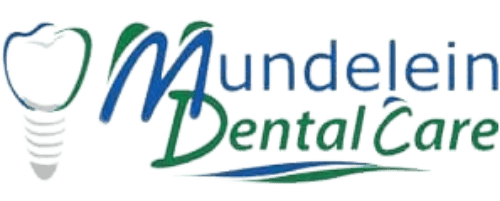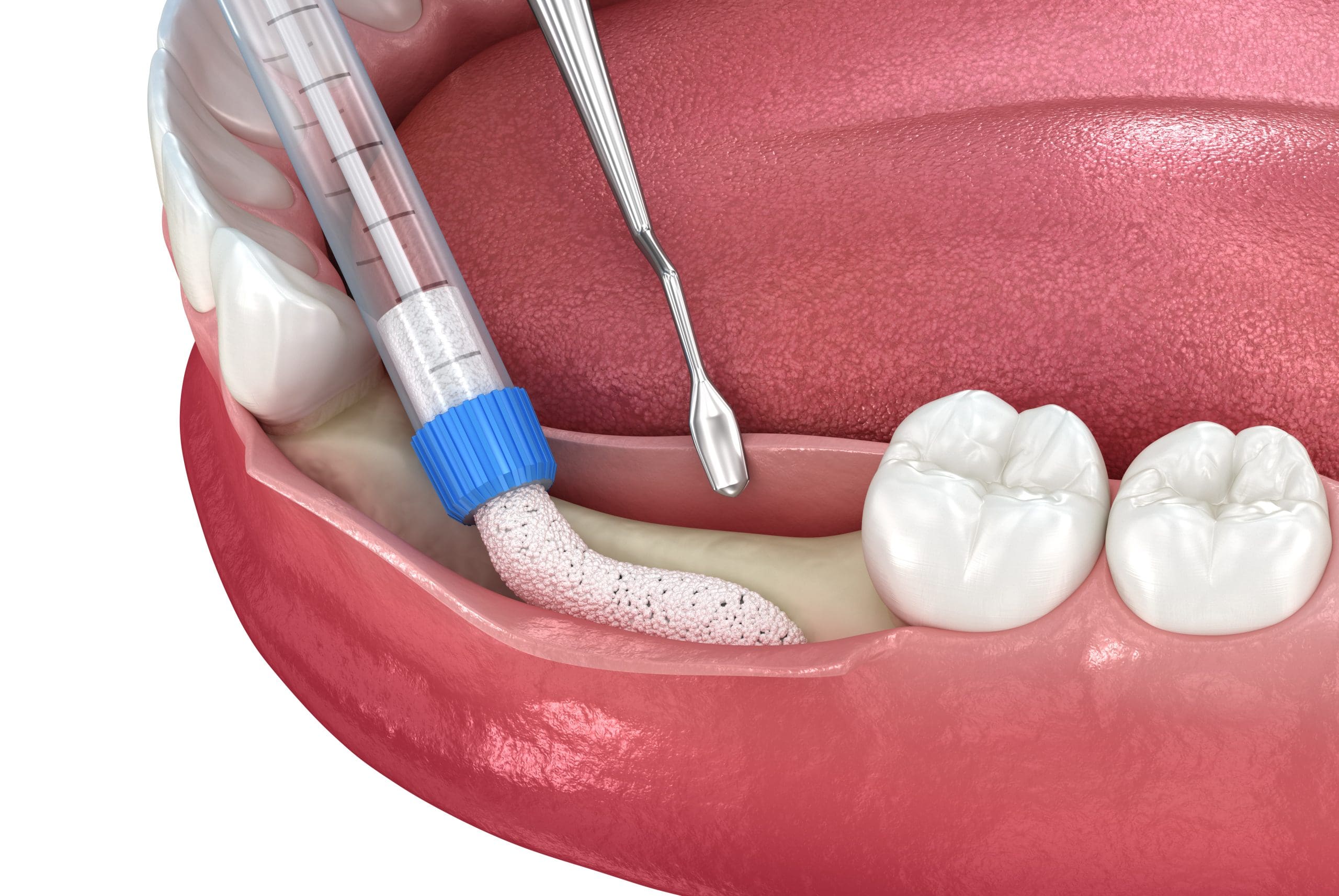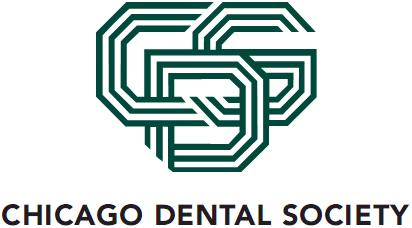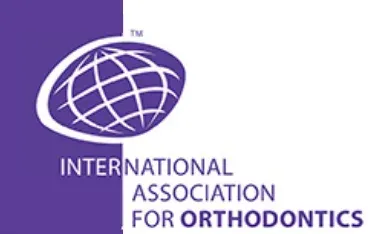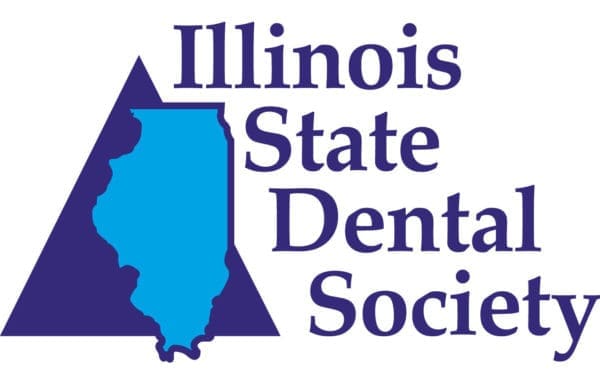Gum Graft Procedure Steps
Gum grafts are a common dental procedure designed to treat and prevent further gum recession, which can lead to tooth sensitivity and loss if left untreated. At Mundelein Dental Care, the process begins with a thorough consultation to assess the extent of recession and determine the most effective type of graft. The chosen tissue, either from the patient’s palate or a donor source, is then carefully attached to the affected area to promote regeneration and coverage of exposed roots.
Gum Grafts in Mundelein are expertly performed by the skilled team at Mundelein Dental Care, led by Dr. John and Dr. Tom. Following the initial placement, the graft site is protected with a special dressing to facilitate healing. Patients at Mundelein Dental Care receive personalized care instructions to ensure optimal recovery and long-lasting results, making the procedure a preferred choice for those seeking to enhance their oral health and comfort.
Types of Gum Grafts
Mundelein Dental Care focuses on providing specialized periodontal treatments to enhance oral health, with gum grafts being a primary service offered. Gum grafting is a surgical procedure to correct gum recession and reduce further dental complications. Several types of gum grafts are available, each tailored to address specific issues related to gum recession. The most common types include connective tissue grafts, free gingival grafts, and pedicle grafts. Each method involves transferring tissue from one part of the mouth to the affected area, promoting regeneration and providing a stable, healthy gum line.
Dr. John and Dr. Tom at Mundelein Dental Care is proficient in assessing which type of gum graft is most suitable for each case. The choice of procedure typically depends on the severity of gum recession and the patient’s overall dental health. Connective tissue grafts are often used for larger areas needing coverage, while free gingival grafts are preferred for reinforcing thin gums. Pedicle grafts, on the other hand, are utilized when there is plenty of gum tissue near the tooth. By choosing the appropriate gum grafting technique, Mundelein Dental Care ensures effective treatment outcomes and improved dental aesthetics for their patients.
Benefits of Gum Grafting
At Mundelein Dental Care, gum grafts are a specialized service offered to combat the effects of gum recession, which can expose the roots of your teeth leading to sensitivity and potential tooth loss. This procedure, expertly performed by Dr. John and Dr. Tom, involves transplanting healthy gum tissue to areas where the gums have receded. Gum grafting can significantly reduce tooth sensitivity and improve the aesthetics of your smile by providing a more even gum line. This enhances your oral health and boosts your confidence with a rejuvenated appearance.
Furthermore, gum grafting at Mundelein Dental Care helps protect your teeth from the detrimental effects of gum recession, such as further bone and tissue loss, and potentially prevent tooth loss. By covering the exposed roots, gum grafts also reduce the risk of root decay, a common problem when gums recede. With a commitment to using the latest techniques and technologies, Dr. John and Dr. Tom ensures that each procedure is as comfortable and effective as possible, helping patients achieve optimal oral health and a more attractive smile.
Gum Graft Recovery Tips
Recovering from a gum graft procedure is crucial for the success of the treatment. At Mundelein Dental Care, Dr. John and Dr. Tom recommends that patients follow specific guidelines to ensure smooth and swift healing. Keeping the graft site clean and avoiding any activities that could disturb it, such as brushing the area directly or consuming hard foods, is essential. Additionally, applying an ice pack externally over the area can help reduce swelling and discomfort.
For more detailed guidance and personalized care tips post-gum graft surgery, patients are encouraged to consult directly with Mundelein Dentist. Following the expert advice provided during your recovery can significantly affect the outcome of your gum graft, promoting faster healing and reducing the risk of complications. Remember, each patient’s recovery may vary, and adhering closely to the dentist’s instructions is key to achieving the best results.
Signs You Need Grafting
Gum recession is a prevalent issue that can lead to the need for gum grafts, a procedure that effectively restores the gum line and prevents further dental complications. If you notice increased sensitivity to hot or cold foods or if teeth appear longer than usual, these could be signs that the gums are receding. Additionally, changes in the color of the gum tissue or discomfort around the teeth are indicators that it might be time to consult with a dental professional about the possibility of gum grafting.
Gum grafts improve the aesthetics of one’s smile and protect the roots of the teeth from decay and damage. If you experience persistent bad breath, loose teeth, or noticeable gaps forming at the gum line, these symptoms could suggest advanced gum recession that requires immediate attention. Consulting with a dentist specializing in periodontal treatments can provide a comprehensive evaluation and determine if gum grafting is necessary to maintain oral health.
Book Your Mundelein Gum Grafts Appointment Today!
If you’re experiencing gum recession, don’t wait! Gum grafts at Mundelein Dental Care can protect your teeth and improve your smile. Call us at 847-566-5560 or visit our contact page to schedule your consultation. Read what our satisfied patients have to say on Google Maps.
